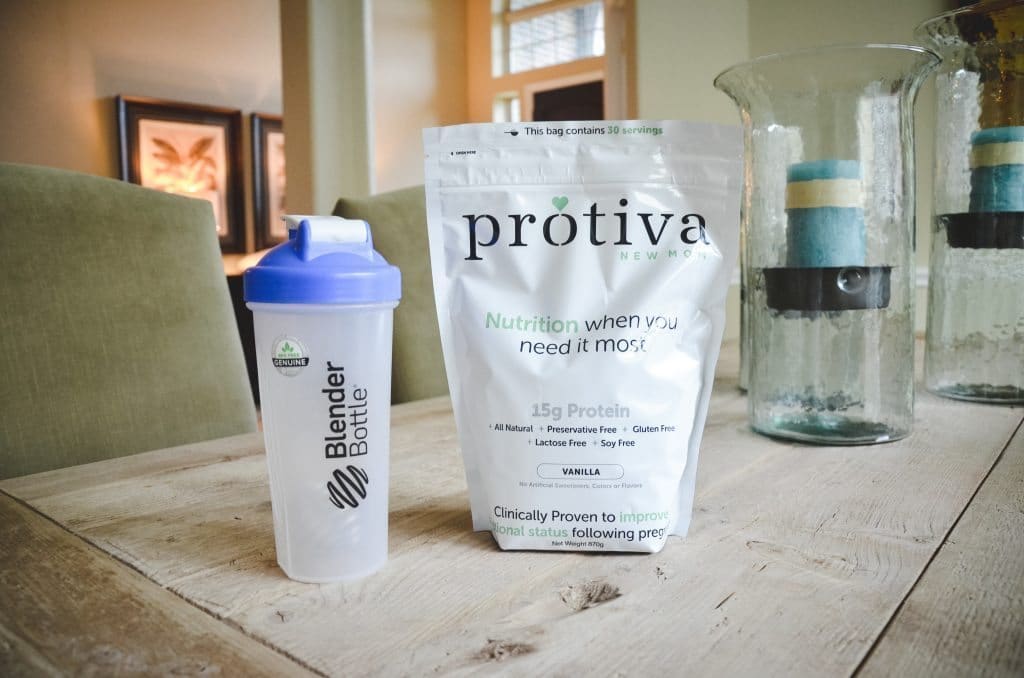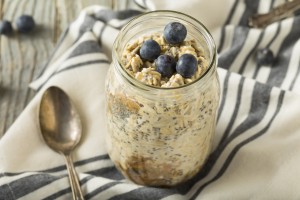So you want to breastfeed, but you don’t know where to start. What kinds of foods should you be eating? How many calories should you consume per day? Are there foods you should avoid entirely? What are the breastfeeding rules anyway? The following breastfeeding diet tips and tricks will help you get a better understanding of how you should be eating to have optimal breastfeeding success.
Did you know?
Even women who aren’t well fed (themselves), can feed their babies well. But even so, you should STILL aim to eat plenty of nutrient-dense foods, and steer clear of the not so healthy stuff (like processed food high in sugar and empty calories.) With a breastfeeding diet, variety is important—researchers say it may even help baby have a more varied, adventurous diet when he (or she) gets older. No picky eaters here, please!
Milk production burns 500 CALORIES A DAY, basically a five mile run. Believe it or not, you may even need to up your caloric intake by 250 to 500 calories per day. Now THAT’S eating for two! Talk to your doctor about your weight gain during pregnancy, and required calories for breastfeeding. He or she can give you a more exact number.
So what should you (really) be eating?
According to scientists, physicians, and other super-smart people who have spent an enormous amount of time researching this exact topic, here’s what a sample “idyllic” diet for the modern, breastfeeding woman looks like (plus a few things to avoid):
You need…
- Five servings of calcium per day.
- One or more servings of iron-rich food per day. These include items like beans, dark green, leafy vegetables, dried fruits, and iron-fortified cereals, breads, and pastas.
- Two servings of Vitamin C per day.
- Three to four servings of fruits and vegetables per day (leafy green and yellow.) You should also have one additional serving of other fruits and/or vegetables. That’s a lot of fruits and vegetables!
- Three or more servings of whole grains and complex carbohydrates.
- Two to three servings of Omega 3s per week to promote baby’s brain growth. Think eight to twelve ounces of low mercury fish, like wild salmon and sardines.
- Three servings of (healthy) protein every day. Hitting up the fast-food chicken drive through probably won’t cut it.
- You should continue taking your daily prenatal vitamins, and should aim to drink eight cups of water every single day—especially in the weeks immediately following birth (this will help with your recovery). A good rule of thumb? Drink a tall glass of water every time you nurse. This should help you to remember. Failure to drink enough water can cause health issues like urinary tract infections, constipation, and fatigue. And nobody has time for that!
Try to avoid…
- On the other hand, you should avoid excessive caffeine. I know, I know. Don’t shoot the messenger! One or two cups of coffee, soda, or tea should be fine, and shouldn’t affect baby—and may even be necessary! Any more than that could make you both jittery, irritable, and sleepless. Scientists say excessive caffeine has been linked to colic and acid reflux in some babies.
- You should (still) avoid high-mercury fish. The same EPA guidelines for pregnant women apply for breastfeeding women (shark, tilefish, and mackerel). You should also (try) to avoid high-fat dairy and meat.
Wow. That’s a lot to take in–mentally and physically!
Ideally, you would get all these essential nutrients from a whole-food-based breastfeeding diet. Unfortunately, moms, especially new, breastfeeding moms, have little time for food prep. Since it can be difficult to find the time to prepare these quality meals once your little one is here, I wanted to find a quick but equally good alternative that I could turn to that would give me the all-important protein and other nutrients I need.
Happily, I found Protiva New Mom. Protiva New Mom can help you maintain normal protein levels during the critical first few months following delivery. Protiva New Mom is a clinically proven, all-natural protein supplement that provides 15 grams of protein in a daily drink. It contains no preservatives or artificial colors, and is lactose-free, gluten-free, soy-free, and non-GMO. It also contains clinically proven levels of Vitamins C and E to help with healing. Did I mention it’s delicious? (This Blogger Chick loves it blended with milk and frozen strawberries. Seriously yum!) Why not have a chat with your doctor or lactation consultant to see if Protiva New Mom might be just the nutritional boost you and your new little nugget so desperately need?

Side note: Protiva also makes a protein shake for pregnant moms. It’s equally amazing! As always, we encourage you guys to check it out for yourselves, and let us know what you think! We LOVE getting to know our readers and hearing from you!
A final piece (or pieces) of advice…
1. From one experienced mama to another, start stocking your freezer with breastfeeding-friendly meals for the entire family about a month before your expected due date. In the beginning, friends will probably shower you with casseroles and homemade desserts—but trust me, this won’t last forever. And then that family of yours will still expect to eat at least three meals a day (the nerve), so you’re going to want to be prepared. Think of it this way: cook now, so you can nap later.
2. Nipple cream is a real thing, and should be applied liberally. Nursing pads are no joke.
3. Keep an eye on your (breastfed) baby for any discomfort or seemingly allergic reactions to something(s) you’re eating. Talk to your pediatrician about any concerns you might have. Signs could include: gassiness, frequent spitting up and vomiting, rejecting the breast, loose, watery stools, lack of weight gain, eczema, hives, wheezing, and/or nasal drainage. Yikes! That’s a long (and frightening) list. Don’t worry, most babies are just fine. But it’s better to be prepared, and to know what to look out for—sticking your head in the sand is almost never the ideal parenting strategy.
Got any must-share tips for preparing for breastfeeding success? We’d love to hear! Feel free to share in the comments section below. Good luck, mamas! You can do this. Sometimes it takes a village. So don’t be afraid to ask for help. Nursing can be HARD. But it’s also INCREDIBLE. Savor these special moments, they are gone in a flash. And always carry an extra change of clothes! (For you and for baby.)


































